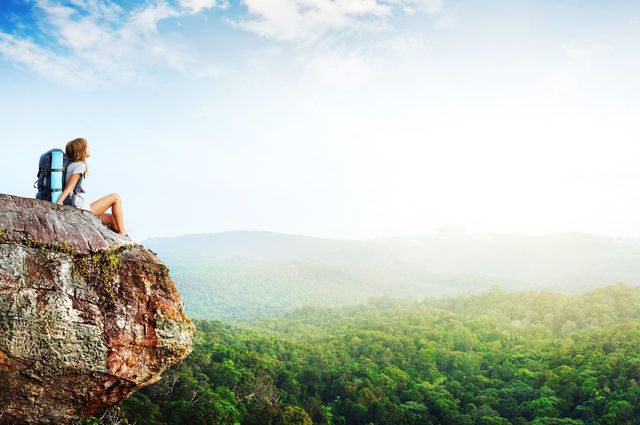Responsible travel: How do we make booking sustainable hotels easier?
22 experts shared their view
Evidence shows that spending time in nature helps reducing anxiety, improving mental health and well-being, let alone boosting physical health. Nature is good for us; can we be good to nature too? It's no wonder that one recent large-scale survey conducted by Booking.com (2020) identified 'Impact Awakening: The Rise of Responsible Travel' as one of the nine predictions on the future of travel. Half of the global travelers surveyed expressed the desire to travel more sustainably in the future with over two-thirds of respondents expecting more sustainable travel options from suppliers. Demand is (and expectations are) building up and post-pandemic will see a surge in travel with purpose. But do travelers easily have access to all information needed to make wise decisions on sustainable travel and hotels? Where are the gaps in the search and booking stages? And which company manages to fill those gaps well? What are some best practices in showcasing hotel sustainability online?
Booking.com (20 Oct 2020). Smarter, Kinder, Safer: Booking.com Reveals Nine Predictions For The Future of Travel. https://www.booking.com/articles/category/future-of-travel.html.
Cornell Roundtable Recap: Sustainability in the era of COVID-19
There is an urgent need to get sustainable hotels "on the shelf". It's not hard to find organic food at my local grocery store. It is clearly labeled, and I can easily choose it as I walk through the aisles. On the other hand, if I wanted to book a sustainable hotel, I'd face a real challenge (and I've been doing this for a while). The search 'cost' would include digging deep into hotel brand CSR pages to determine what information related to the property I was choosing. It is too much to expect from all but the most diligent buyers. We can't expect consumers to buy "sustainable hotels" unless they are easy to book.
What's the solution? A couple of suggestions:
First – let's get over "green hushing". Many hotel brands are committed to sustainability and are making significant progress, particularly with environmental performance. Even so, they do not promote their work widely; they "green hush" it. If the brands are worried about "greenwashing" accusations, they need to ensure they have rigor in their performance management programs. Let's get the word out about the progress our industry is making.
Second – it's time for the supply chain to demand the information. The distributors of tourism products have an important role in promoting sustainability across the sector.
Third – we need to recognize the complexity of sustainability and simplify it for consumers. I am a great advocate for the GSTC sustainability criteria, and I agree that it is essential we consider all elements of the triple bottom line when we consider sustainability. (This is where I need to point out my comparison to organic products is unfair. Organic is one dimension of the product; sustainability criteria include a multitude of criteria). Despite the complexity, it is clear that some elements of sustainability are easier to quantify than others. For example, environmental performance, typically focused on water, energy, and waste, is often easier to report than social performance, which can incorporate a wide variety of issues both internal and external to the company. If demanding everything means we aren't making progress on anything, then let's start with what we can get done now. Let's break out social and environmental performance and report on them separately if it means we can move forward quicker.


